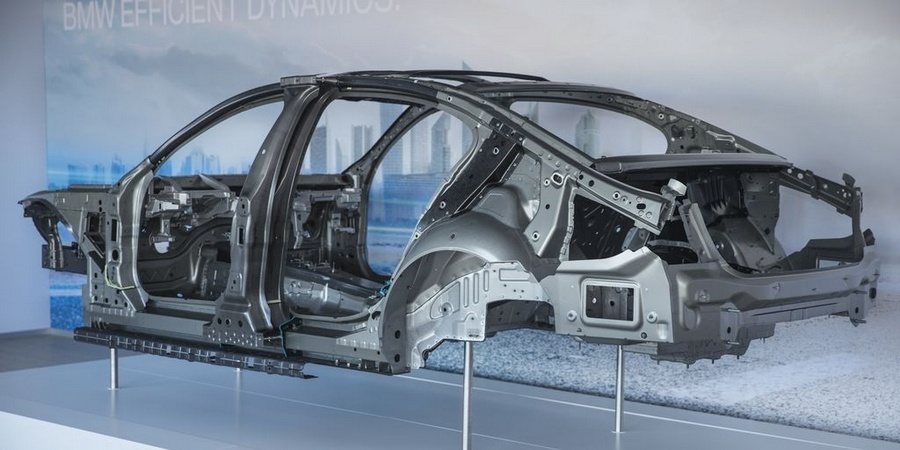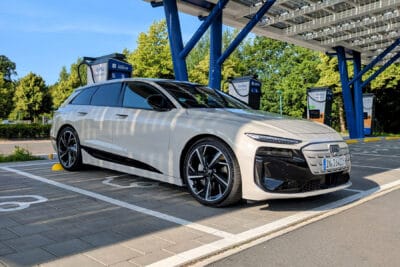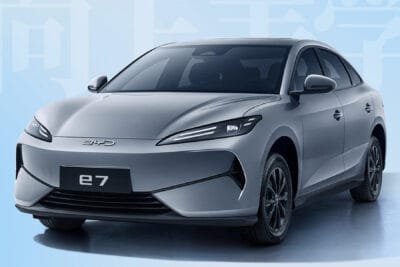Project LEVIS to develop lightweight EV components
The three-year LEVIS research project funded by the EU with €4.9 million aims to develop lightweight components for electric vehicles using eco-design and closed-loop approaches. Project partners include 13 members from seven countries.
The consortium then plans to demonstrate the technical and economic feasibility of producing these components on a large scale in three real-case demonstrators, specifically a suspension control arm, a battery holding set and a cross-car beam.
The reasoning behind the lightweight construction project: “Since heavy batteries power electric cars, automotive manufacturers and suppliers must look for new lightweight construction technologies to compensate for this extra weight in other vehicle components,” the Steinbeis-Europa-Zentrum involved in the project said in a statement. The technologies could thus directly contribute to improving vehicle efficiency in terms of consumption and a range with one battery charge and reducing the environmental pollution.
The three components are to be developed not only for lightweight construction but also for eco-design and closed-loop approaches. “This means that we pay special attention to the use of recyclable materials and design the components in such a way that at the end of their life there is no waste and all parts can be recycled or reused for the same or another application,” says Theodora Skordili, Business Development Manager at Cenex Nederland. For example, only recyclable resins and biologically produced and recycled carbon fibres are to be used. Besides, the components are to be manufactured so that they can be easily dismantled and reused.
This will also involve multi-material components. “For this, we will use multi-material solutions based on thermoplastic composites of carbon fibres, optimally integrated with metals and manufactured with low-cost and scalable manufacturing technologies,” says José Ramón Valdés, project coordinator of ITAINNOVA (Instituto Tecnológico de Aragón). The components developed in the project are to be introduced to the market at the end of the project in three years, the statement says.
As a project partner, the Steinbeis-Europa-Zentrum is responsible for disseminating the project results and providing support in their exploitation. The LEVIS project is funded by the European Union’s Horizon 2020 research and innovation programme.





0 Comments